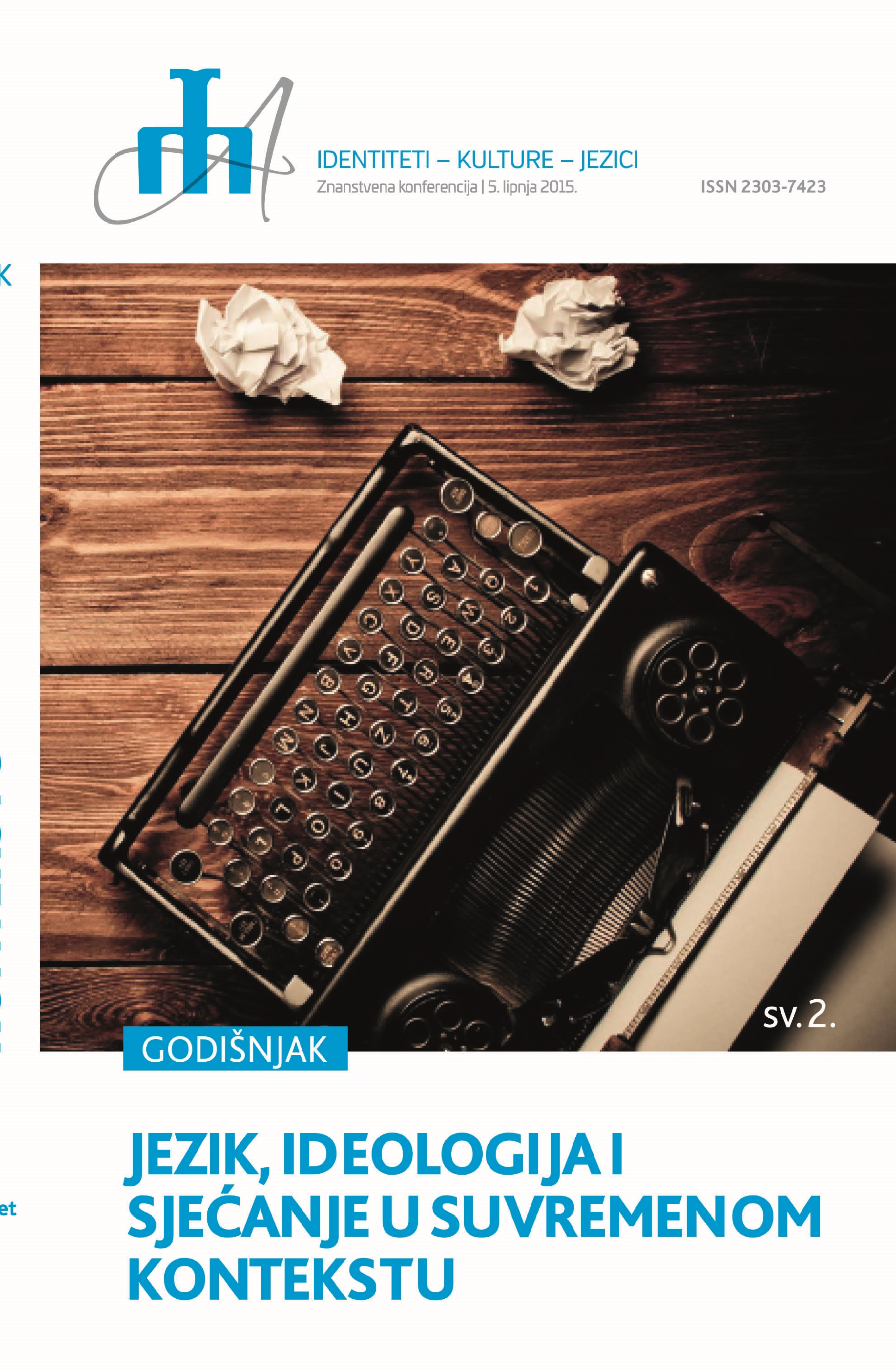Unitarističke manipulacije načelom federalizma u BiH
Unitary manipulations with the principle of federalism in Bosnia and Herzegovina
Author(s): Milan VegoSubject(s): Politics / Political Sciences
Published by: Filozofski fakultet Sveučilišta u Mostaru
Keywords: Bosnia and Herzegovina – a divided society; democracy; the principle of federalism; unitary; separatism; the European Union; manipulation; equality
Summary/Abstract: Joining the NATO and EU is the strategic goal of Bosnian-Herzegovinian foreign policy. Taking this fact into account, it is difficult to understand why Bosnian unitary political elite completely ignores the Resolution of the EU Parliament adopted on February 6th 2014 which, among other things, condemns any endeavour to make Bosnia and Herzegovina a unitary state as well as separatism. Due to centralism and separatism, the integrity, stability and functionality of Bosnia and Herzegovina are compromised. The resolution was sent to the Parliament of Bosnia and Herzegovina, the Council of Ministers, the Parliaments of the Republika Srpska and the Federation of Bosnia and Herzegovina and the governments of these two entities. By deliberately suppressing and disregarding the Resolution which was adopted with 468 votes, while 80 MPs were against and 35 abstained, and the recommendations of the EU Council of Ministers on the progress of Bosnia and Herzegovina, Bosniak leaders demonstrate “political blindness” and determination to make Bosnia and Herzegovina a unitary state. It is interesting to note that the Bosnian elite only mentions parts of the Resolution when they are forced to do so, or when it suits them. In addition, the EU Parliament supports the six items of the Agreement reached in Brussels in 2013, condemns centralists’ obstruction as well as any sort of separatism and emphasizes the principle of federalism and legitimate representation in order to ensure Bosnia and Herzegovina’s smooth integration into the EU. Thus, it is not surprising that the Declaration of the Croatian Parliament, which is based on the above-mentioned Resolution of the EU Parliament but which would be difficult to adopt in the circumstances, was not welcomed. Croats were once again accused of trying to disintegrate the country. It is interesting that numerous media in Sarajevo have supported the unitary manipulations. Even the public broadcasters have made only a brief mention of the Resolution. The author examines this phenomenon, points out the consequences, analyses the attitudes of scientists to federalism, unitary state and nation and warns that a similar problem occurred during the Independence Referendum in Bosnia and Herzegovina in 1992, when the Croatian issue was ignored. Nevertheless, a large number of Croats voted for independent and sovereign Bosnia and Herzegovina in the referendum.
Journal: Identiteti - Kulture - Jezici
- Issue Year: 2/2016
- Issue No: 1
- Page Range: 131-152
- Page Count: 22
- Language: Croatian

